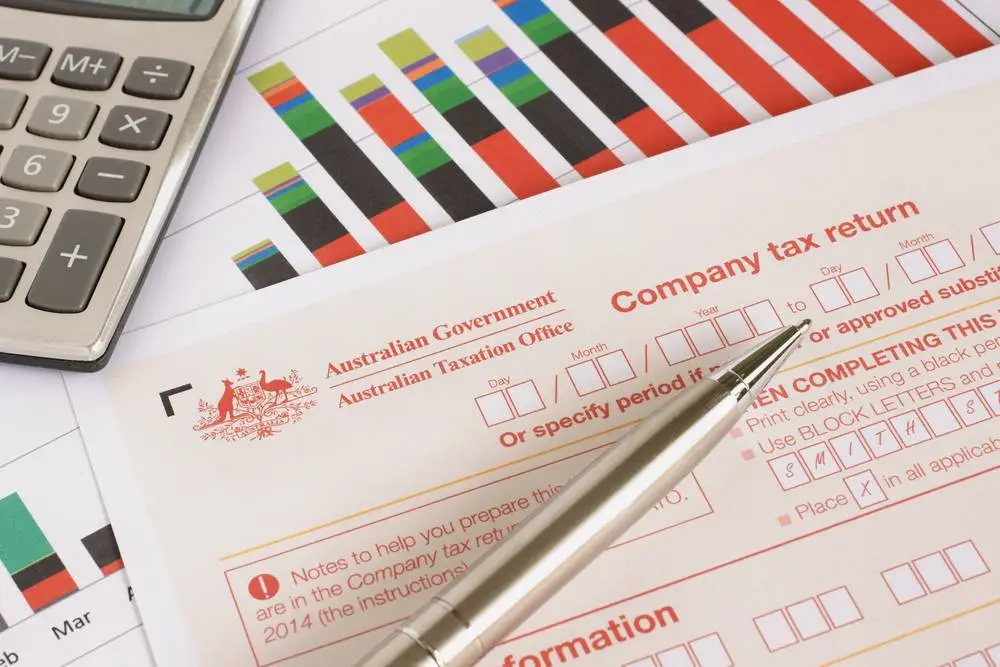
As costs continue to rise across many sectors, managing finances has become an increasing struggle for individuals and businesses alike during this cost-of-living crisis. Everyone feels the squeeze on their wallets, from higher grocery bills and utility rates to inflated prices for goods and services.
Thankfully, there are practical strategies and budgeting techniques that can help us get through these difficult economic times.
This article outlines how to manage the cost of living crisis by implementing smart money management habits.
Let’s examine some practical tips for establishing an effective budgeting system, analysing spending, strategically cutting costs, and more. Follow these tips to regain control of your finances during the cost-of-living crisis.
Tip No. 1: Set Up a Budgeting System
One of the most fundamental things you can do to manage finances during tough economic times is to implement a clear budgeting system. This system allows you to see where your money is going and make more informed allocation decisions.
A great first step is to annualise any large, infrequent expenses and then divide the total into more digestible amounts based on your pay period.
For example:
If your annual council rates are $1,200, you could divide that by 26 bi-weekly pay periods to set aside around $46 every two weeks in a dedicated account.
If the provider allows, you can take this approach a step further by paying those larger bills in smaller instalments throughout the year. Making incremental payments can make budgeting much easier than paying the entire lump sum later.
If applicable, you may set up dedicated accounts for non-negotiable expenses like taxes, superannuation contributions, and goods and services tax (GST). Doing so ensures that your obligations have been met before you spend on discretionary wants.
Tip No. 2: Analyse Spending and Cut Costs
Once you have a budgeting system in place for your income and recurring costs, it’s time to analyse where your remaining available funds are going. Carefully evaluating your spending habits can reveal areas to cut back during leaner times.
Start by separating true needs from wants.
While essential expenses like housing, transportation, utilities and groceries are “needs,” many other costs fall into the “wants” category. Target cutting back or temporarily eliminating discretionary wants like dining out, entertainment, vacations and other luxuries that aren’t necessities.
For business owners, analyse which products or services generate the most revenue versus underperforming areas that may drain resources. Double down on the revenue streams that are working well and consider trimming or pausing efforts on unprofitable offerings to justify costs.
Also, this is an ideal time to get creative about alternative income streams, especially for businesses.
One example is a high-end restaurant that started a low-cost food truck to diversify revenue during the downturn.
Don’t be afraid to pivot your model or adjust your offerings to capture the current markets and budgets.
Tip No. 3: Have a Strategic Mindset

While cutting costs and budgeting are critical, managing the cost of living crisis also requires having the right mental perspective.
It’s easy to get caught up in the negativity pervading the media and succumb to a scarcity mindset. However, savvy individuals and businesses will see opportunities amongst the challenges.
Renowned investor Warren Buffett is famous for advising to be “fearful when others are greedy, and greedy when others are fearful.”
When the crowd is obsessing over doom and gloom, that could signal prime opportunities to capitalise on an undervalued market or invest for future growth.
Rather than panic about economic conditions, have a long-term outlook and continue setting aside funds for big future purchases, goals, or investments.
Remember that this, too, will pass.
Like all economic cycles, the cost-of-living crisis is temporary, even if arduous at the moment.
Reach out to financial professionals if you feel overwhelmed or unable to gain perspective. An accountant can help make stressful money struggles more palatable by creating actionable plans. The right guidance can provide reassurance and a path forward.
Tip No. 4: Debt Management
If you carry different debts like credit cards, personal loans, lines of credit, etc., now is a prudent time to review those obligations. Look for opportunities to consolidate multiple debts into one new loan at a lower overall interest rate.
Consolidating debt from high-interest rate credit cards onto a fixed low-rate instalment plan can potentially save you thousands over time in interest fees alone. In this way, you can pay down principal debts faster.
The lower the interest rate you lock in, the quicker you can become debt-free by not haemorrhaging money on excessive interest charges.
Bundling debt into one new fixed-rate loan also simplifies repayment by giving you just one bill to budget for.
Those struggling with overwhelming debt that seems impossible may need to seek professional help. Consulting an accountant or financial counsellor provides an objective third-party analysis of your debt situation.
While dealing with debt is never easy, taking a systematic approach to consolidating and paying it down is crucial, especially in times of financial hardship. This will ultimately improve your cash flow once the burden is lifted.
Conclusion: Cost-Of-Living Crisis
Financial stability during a crisis requires diligence in budgeting, careful evaluation of expenses, a proactive mindset, and potential debt restructuring. By implementing the strategies outlined here, you can regain control over your finances as an individual or business.
Make budgeting a consistent habit by annualising costs, allocating money across designated accounts for needs and wants, and paying recurring bills in instalments when possible.
Analyse your spending thoroughly to reduce discretionary wants and non-essential costs. Remain flexible by adjusting your product/service offerings or income streams to align with market demands.
Most importantly, maintain a long-term perspective and strategic mindset. Look for opportunities for potential future financial growth, set aside funds for goals, and don’t be afraid to seek professional guidance if you need an objective plan for managing debt.
While economic conditions are challenging now, staying proactive about your finances will ensure you emerge stronger from this crisis. Implement these expert tips and contact MYC Partners for personalised advice. You can successfully navigate the cost-of-living crisis with discipline and the proper mindset.






